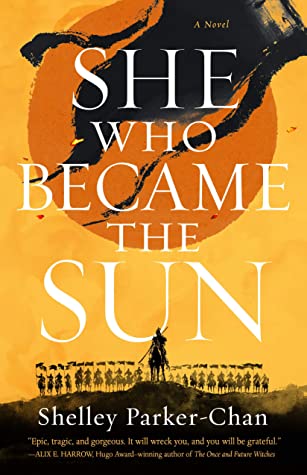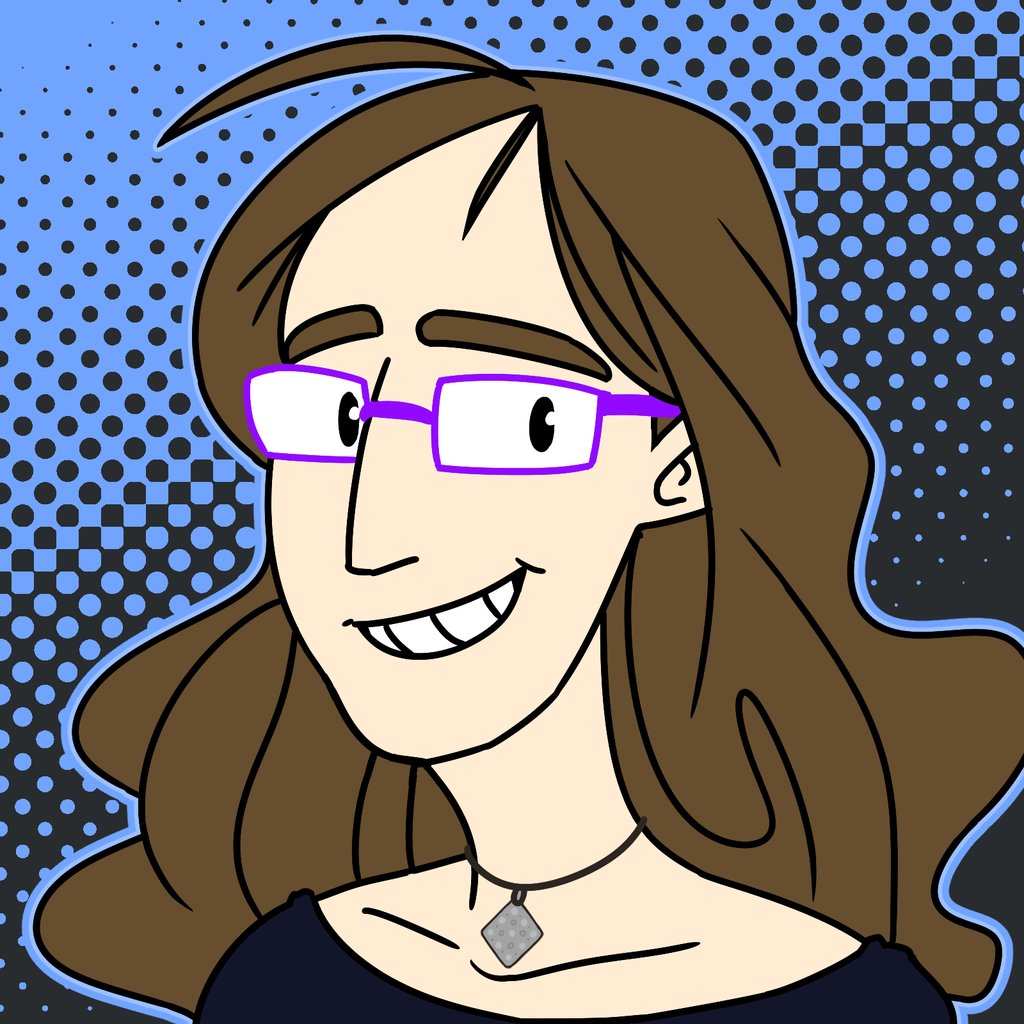"She Who Became the Sun" review
Overview
Title: She Who Became the Sun
Author: Shelley Parker-Chan
Subgenre: Historical fiction
2021 Bingo squares: Set in Asia, Published in 2021, Debut author
Recommend: Yes!
Stars: 4.5/5
Review
She Who Became the Sun tells the story of a girl who is about to die but steals her brother Zhu Chongba’s supposed fate of greatness. Her story is one of a struggle of identity: If she has stolen her brother’s identity to steal also his fate, who is she? What skills is she allowed to possess? What desires is she allowed to have? How can she define her life? Heaven is watching her - literally - and any misstep threatens to send her back to her original proclaimed fate of nothingness. But her brother did die as nothing, and she must use her own skills and desires to make her own fate in the eyes of Heaven and claim her Mandate in his name.
As a quick aside, before assuming her brother’s name, Zhu Chongba has no name of her own. There’s a story by Isabel Allende called “Dos Palabras” ("Two Words") about a woman named Belisa Crepusculario, who grows up too poor even to be named by her parents, and so she has to name herself; she chooses that name. I liked the parallel here, though I have no idea if that was intentional or not.
Anyway, the other protagonist in She Who Became the Sun is a eunuch named Ouyang. While Zhu is struggling to change her true nature to adapt to the identity she has chosen to assume, Ouyang is in the position of hiding his true nature from the identity that was forced upon him. He was cut and enslaved as punishment for the treasonous actions of his family, and he is now waiting to take revenge on the perpetrators of his indignity, who happen to include his closest friend. He’s constantly plagued by the fact that people see him as a eunuch and not as a man, and by the pain of the betrayal that he’s waiting to enact.
Ouyang’s chapters are also why I took a half star off my rating for this book: The character is an excellent foil to Zhu, and in a narrative sense he also serves a perfect purpose, since he’s in the opposing war camp from hers and fills in the perspective we need. However, his inner thoughts are extremely repetitive, and it got pretty tiring to read them. This is likely a deliberate choice: Ouyang cannot escape his inner demons, and neither can we. But it did get quite boring.
Upon leaving home, Zhu enters a monastery. There is no semblance of the “outsider comes to the school and is rejected by her peers” trope, which was a lovely and unexpected surprise; she makes a friend, works hard, and becomes a monk. The real story begins when Ouyang is sent to destroy the monastery, and the protagonists' paths cross for the first time.
While She Who Became the Sun is certainly in the speculative fiction genre - supernatural events do occur, and there are a couple major plot points that take advantage of them - the primary genre is historical fiction, and not fantasy. The magic that exists is relatively tame, in the background, and spiritual in nature. It’s a very gritty story: no one is a hero, no one is honest, no one is selfless, and everything that happens is personal for someone.
This is Shelley Parker-Chan’s debut novel, but I was shocked when I learned this fact; it doesn’t seem like a debut novel at all. The characters are all unique and believable, the pacing is great, the plot is creative, and the worldbuilding, while not flashy, is exactly what’s needed for the story that she tells. My only criticism of the entire novel is what I mentioned earlier about Ouyang’s chapters, and if this is her debut, I can’t wait to see what she writes next.
(She Who Became the Sun is listed as book 1 in The Radiant Emperor, but it stands well on its own. No need to wait to read it!)

